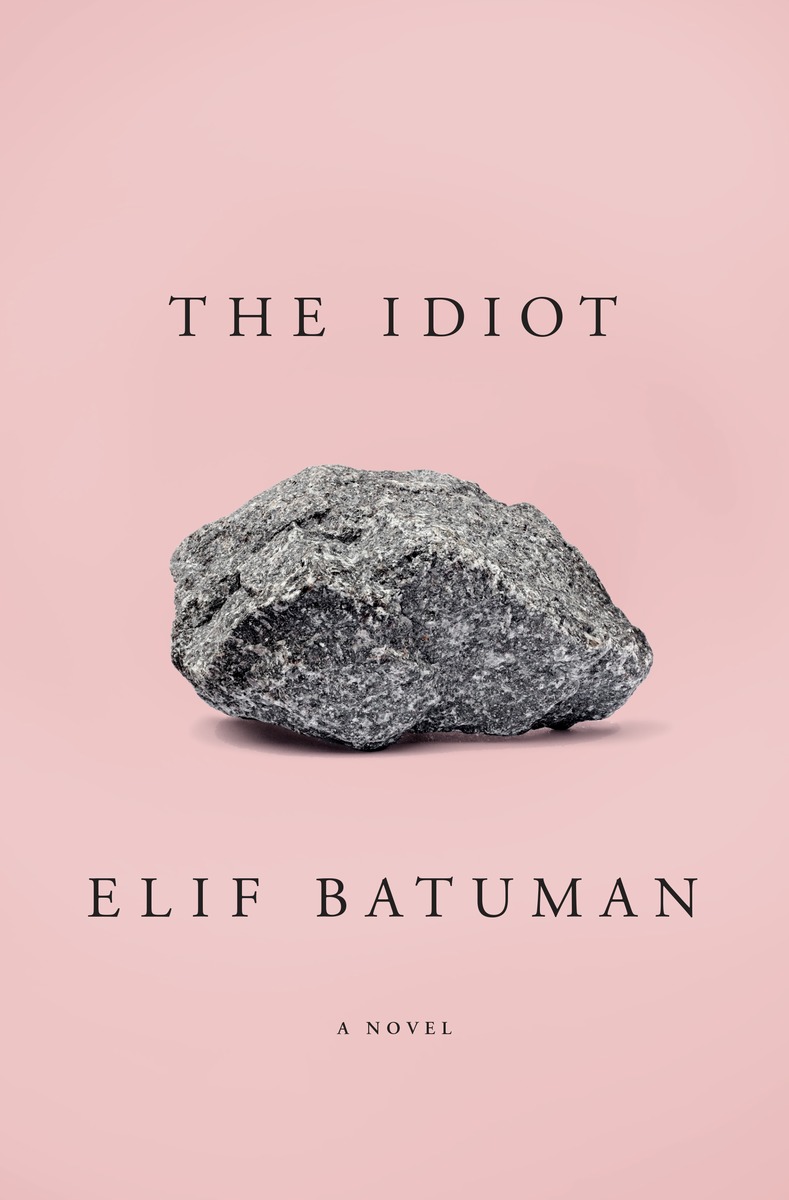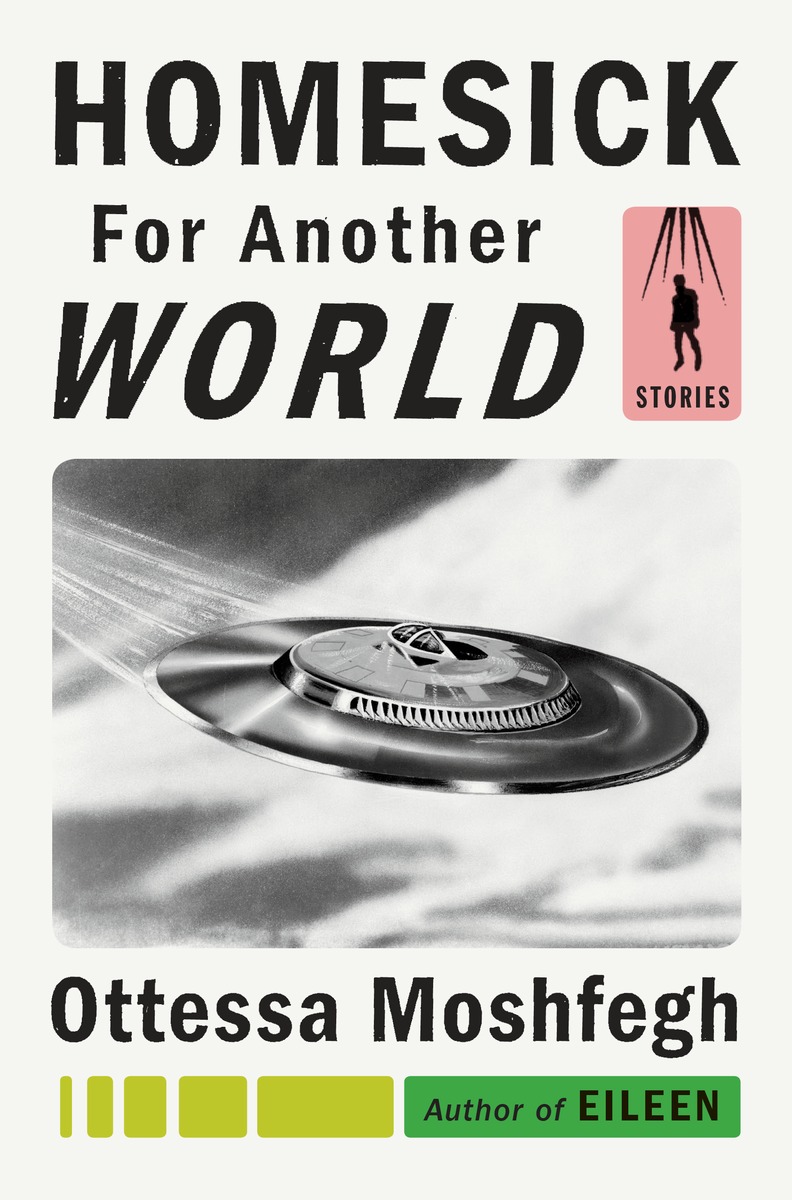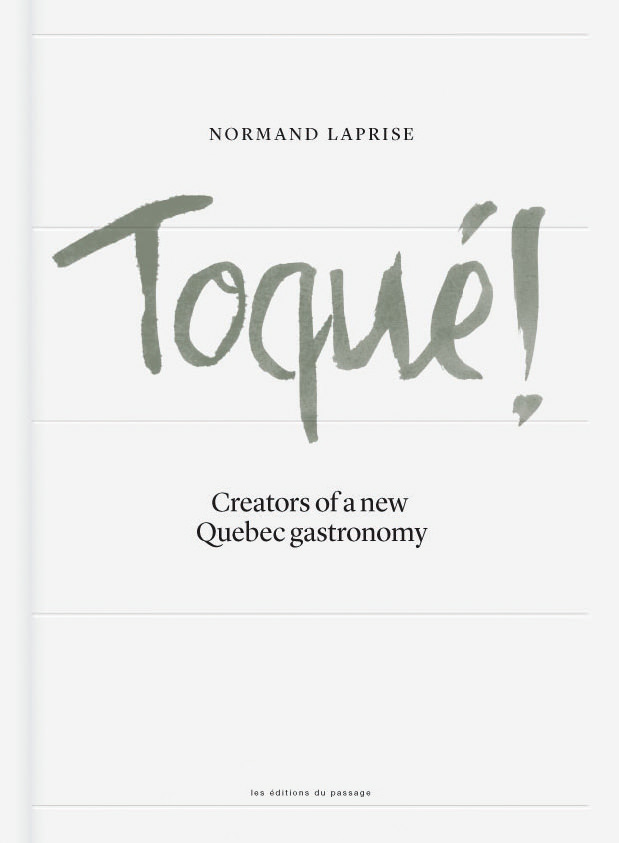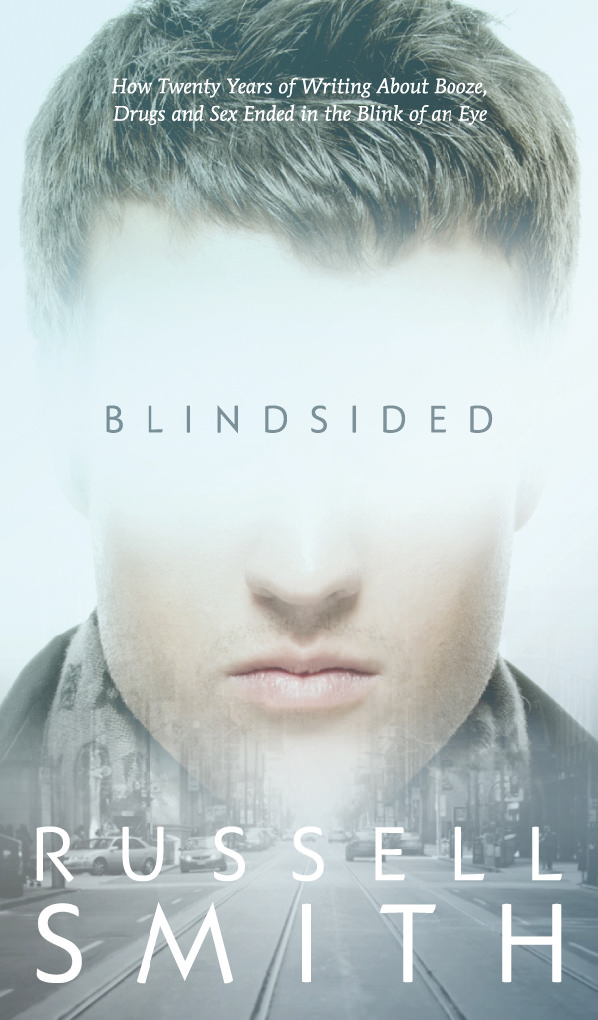Just Our Type: Autumn Reads
Essential fall reading.
Homesick for Another World by Ottessa Moshfegh
Say the bare facts of your life out loud: “I am nearing 50, father of a nine-year-old boy, and last month I borrowed money from a friend.” The low-grade fever of shame appears like a rash, followed by the looming fact of my own death—a thing I don’t normally spend time mulling over. It doesn’t take much to spike us into a grim attention. Are we actually inside the life we’re living? Do we know where we are?
After her Man Booker Prize–shortlisted novel, Eileen, the new stories in Ottessa Moshfegh’s wicked collection, Homesick for Another World, are packed with people who grind through their days with an acute self-awareness, even attempting to diagnose their own ills. However, they’re constantly falling short of truly getting a bead on things. They appear not just wounded, but severely divided from themselves, and from any authentic knowledge of themselves.
Of course, existing in this state means other people are seen by the protagonists at their grotesque, abjectly fleshy worst. No bodily detail is neutral. Skin rashes, boils, sagging breasts, rotting teeth, peeling lips, leaky colostomy bags, one man’s armpit “a rat’s nest of hair flecked with white gunk from his antiperspirant.”
There are sentences so good I was tempted to memorize them.
One of the (very few) criticisms levelled at these stories was the charge of lingering a little too sneeringly over the conditions of the poor. But I can’t even agree with this small quibble. What Moshfegh’s characters all display, no matter their socioeconomic position, is a battered, emptying impoverishment of the self. They all carry outstanding debts of spirit.
In that same “rat’s nest of hair” story, called “Slumming”, a high school English teacher spends her summers in a dilapidated town called Alna, keeping to herself, watching the locals, and buying various powdered drugs from the “zombies” in the gas station men’s room. The very fact of her nickname for the dealers, and its recurrence through the story, points to her own life of walking-dead, affectless drift.
A retired widower in “No Place for Good People”, content to be cut loose from his wife, uninterested in his daughter, volunteers his time at a home for “retarded” adults. Again, language, and life, feel like a mirror image of this man’s own frozen development and lack of growth.
There are sentences so good I was tempted to memorize them: “He ate his rice straight backed, unconcerned, secretly enraged with happiness.” Moshfegh is a writer of violent psychic separateness. She combines exactness of physical detail with a truly unflinching look at what is damaged, and damaging, about all of us. Do not let this book go by.
The Idiot by Elif Batuman
If Moshfegh’s protagonists have a self-blindness that spreads to engulf the worlds around them, the captivating young Harvard freshman, Selin, in Elif Batuman’s astounding new novel, The Idiot, is so hyperaware and innocently investigative of herself and her surroundings as to appear a soul far beyond her years. A Turkish-American literature and philosophy nerd, Selin is an illuminating and deeply likable hazard light we’re profoundly grateful to follow through her early adult years. Her mind (we spend the novel essentially, and believably, inside it) is both overtaxed and skittishly playful.
Batuman, a staff writer for The New Yorker, came to prominence as an author with her beguiling collection of essays, The Possessed: Adventures with Russian Books and the People Who Read Them. It’s a brilliant, brash, sadly beautiful traipse through all manner of weird real-world subjects, but with love of literature solidly girding the spine of the book. The Idiot proves Batuman as adept, powerful, and imaginatively unconstrained in the novel form.
The Idiot proves Elif Batuman as adept, powerful, and imaginatively unconstrained in the novel form.
Although The Idiot bears all the markings of a sprawling, big-canvas, everything-in-the-soup realist romp, the major plot points are easily identified. Selin studies at Harvard. Selin develops a deep attachment to/relationship with an older Hungarian mathematician. Selin moves to Budapest to teach English. No murders, mysteries, motiveless crimes, or cast of scoundrels. So why are we so entranced? Selin’s relationship with Ivan, her math man, though definitely heartfelt, romantic, and increasingly intense, remains sexless throughout the book. And we’re not held in suspense as to when they’ll finally do it. Rather, Batuman’s genius is her pacing, her lavish prose, her unerring eye for life’s stunning superabundance, and her commitment to the developing self-awareness of her protagonist. The object of Selin’s love, we begin to understand, is as much her own saturation and obsession with inner life, culture, thought, and language as it is with the man standing in as her beloved.
With The Idiot, Batuman has performed a kind of formal jiu-jitsu: she’s reverted to full-blown 19th-century Realism, but has somehow remade the genre or injected fresh blood into its veins. It’s a majestic Bildungsroman about a young woman coming into a world she desires and, in effect, transforms through being so very alive in it. I could say I finished the book wanting to be like Selin. But the truth is, having read The Idiot, I am in fact a little more like her than I was before being given such a gift.
This novel is a full-immersion experience, like visiting Russian baths, or parachuting. Culturally, we’ve become awfully good at sneering, or adding new elements to a list of things we already sneer at. The new technologies, elite institutions, high-brow literature, the ’90s, philosophical quandaries; if you can detect a reflexive rancour or judgement at mention of any or all of these things, I’d urge you to shake up your snow globe again. Batuman’s razor-smart, inclusive, and perfectly measured prose awaits. Give yourself a week in a hammock, or afternoons on a hill in a park.
_________
Never miss a story. Sign up for NUVO’s weekly newsletter.






